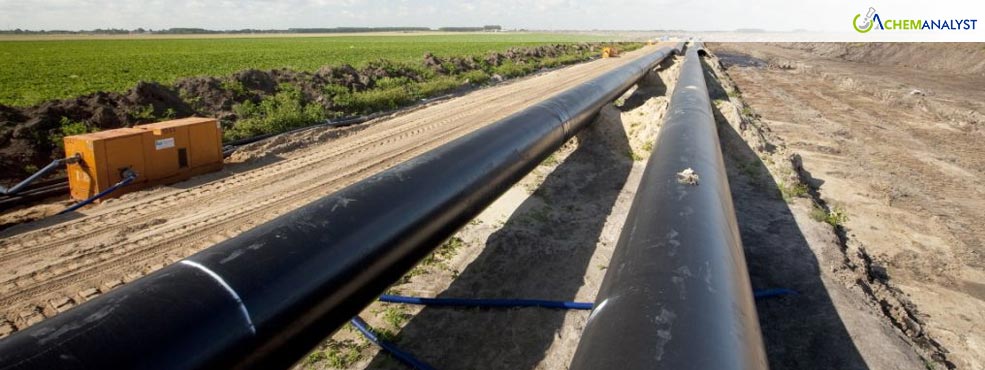Welcome To ChemAnalyst

The Dutch government has decided to scrap plans to simultaneously build a hydrogen pipeline and direct current (DC) power cables as part of the ambitious Delta Rhine Corridor project. The decision, announced by Dutch ministers involved in the project, aims to streamline the initiative and avoid significant delays caused by the complexity of the original design.
The Delta Rhine Corridor project, initially presented in May 2023, was designed to facilitate the direct supply of hydrogen from Germany to the Netherlands, aiming to boost industrial sustainability. The project includes a hydrogen pipeline running from the Port of Rotterdam, through the Brabant municipality of Moerdijk, and extending to the German border at Venlo. The original concept also included laying DC cables along the same route to enable the transportation of electricity, as well as installing pipes for ammonia supply and discharge.
However, the proposal to combine hydrogen transportation with power cables faced significant challenges. The Dutch government’s ministers cited the "too much complexity" of the dual infrastructure as the primary reason for scrapping the power cable portion of the plan. “This complexity led to unacceptable delays in the entire project,” the ministers explained, emphasizing that the decision was made to “maintain perspective on the timely sustainability of the industry.”
As a result, the revised Delta Rhine Corridor will focus solely on the construction of the hydrogen and CO2 pipelines. However, despite the cancellation of the ammonia pipeline and power cable components, room will still be reserved for ammonia pipes within the pipeline corridor. This could potentially allow for ammonia-related infrastructure to be added in the future.
The project's scope now excludes the installation of direct current power cables, which were initially intended to be integrated into the pipeline corridor. The DC cables were set to be part of the project’s broader objective to enable cleaner energy supply across Europe.
The decision has caused disappointment for Tennet, the transmission system operator involved in the project’s power cable component. The company stated that the cancellation of the power cables would significantly affect the broader energy transition goals. According to the Dutch newspaper Volkskrant, Tennet had hoped to see the combined infrastructure project proceed to address both hydrogen and electricity transmission needs in a more integrated manner.
The Delta Rhine Corridor was initially scheduled for completion by 2028, but the timeline has already been extended due to delays. The revised completion date now falls between 2031 and 2033. The project is being led by several key players, including German energy company Uniper, and Dutch firms Shell and Gasunie.
We use cookies to deliver the best possible experience on our website. To learn more, visit our Privacy Policy. By continuing to use this site or by closing this box, you consent to our use of cookies. More info.
